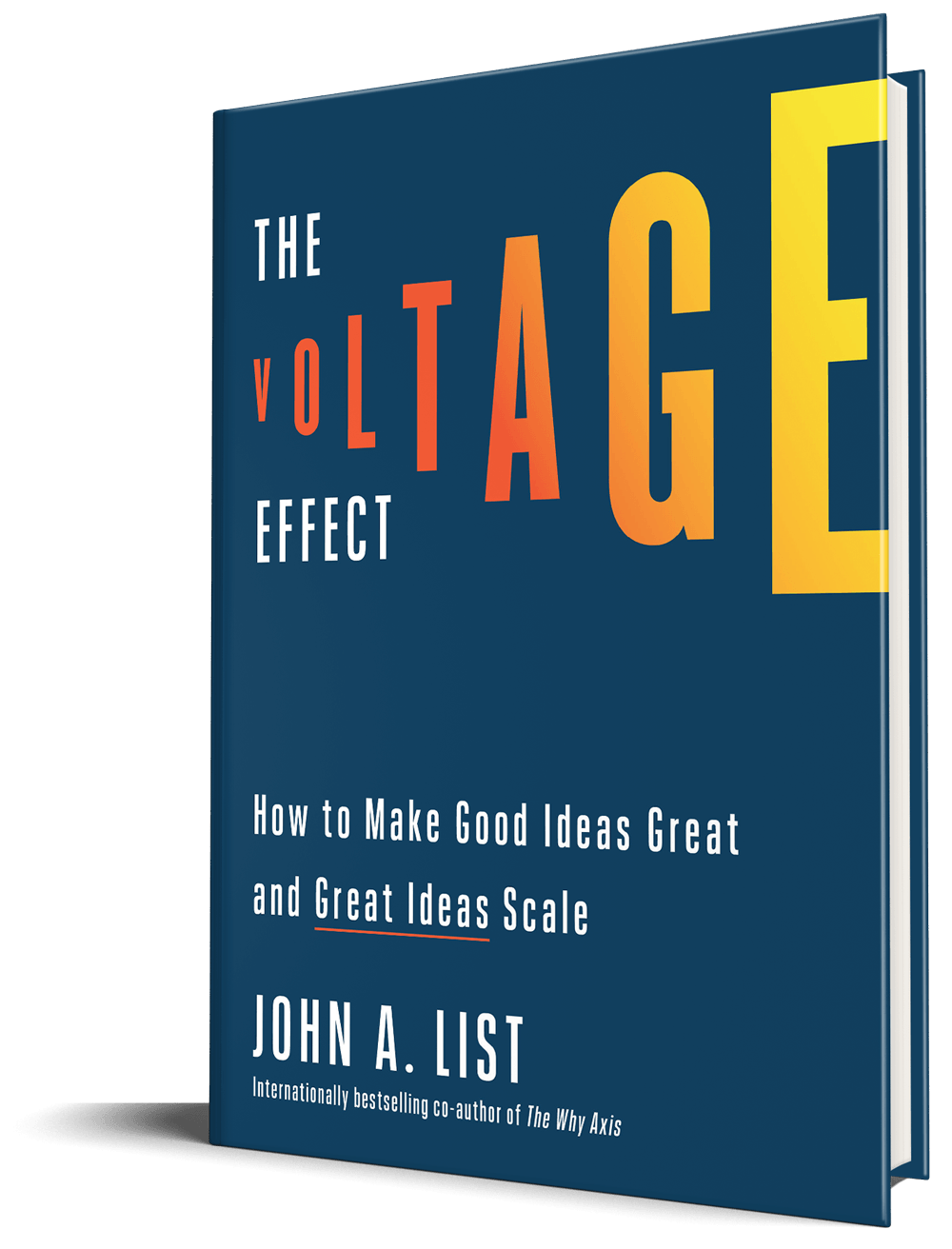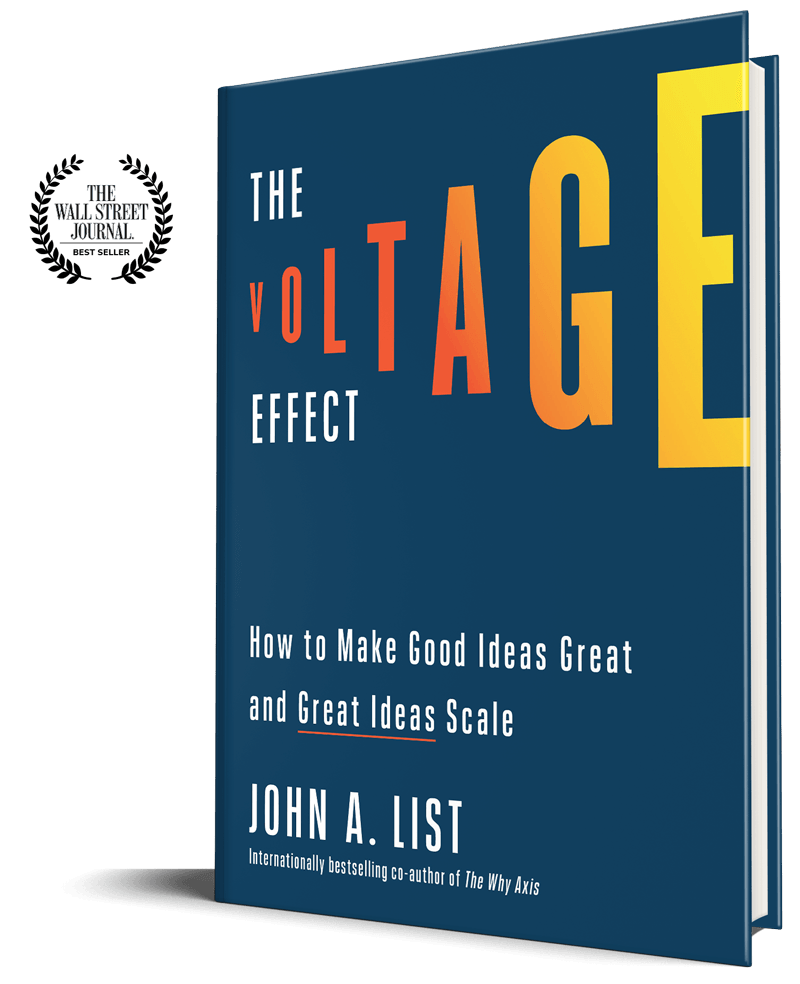
THE WALL STREET JOURNAL BESTSELLER
THE WALL STREET JOURNAL BESTSELLER
The Voltage Effect
Be it a medical breakthrough, a policy initiative, a product innovation or a social movement, translating an idea into widespread impact depends on one thing only: whether it
can be replicated at scale.
"Scale" has become a favored buzzword in the startup world. But scale isn't just about accumulating more users or capturing more market share. It's about whether an idea that takes hold in a small group can do the same in a much larger one. Scalability is critical to everything from expanding a small business, to narrowing the national achievement gap, to delivering billions of doses of a vaccine, to making a new technology widely affordable—and much more.
“The Voltage Effect is the tool kit for the ambitious. Packed with proven principles and pro tips made real through behind-the-scenes stories in settings ranging from Silicon Valley to African NGOs, it fills the gap between startup books and management books to show how any idea can achieve its full potential."
—Scott Cook, co-founder of Intuit
"A must-read . . . This thought-provoking and engaging book proposes an original framework for thinking about how good policy proposals can be applied at a scale large enough to do social good, and for avoiding predictable mistakes that prevent such scaling."
—Daron Acemoglu, professor at MIT and co-author of Why Nations Fail and The Narrow Corridor
Order the Book
What's Inside
Scalable ideas are all alike, every unscalable idea is unscalable in its own way. To succeed, says University of Chicago economist John A. List, an idea must achieve "high voltage": a set of characteristics that predict its ability to scale.
Drawing on his own original research—as well as fascinating examples from the realms of business, government, education, and public health—List offers proven strategies for avoiding voltage drops and engineering voltage gains, including how to:
Ensure that your early success is not a false positive.
Use behavioral economic incentives to spur wider adoption of your idea
Establish viability at scale by getting the most out of every last dollar you spend
Determine if your initial audience is
representative of the larger population
Start reading today!
Get your free exclusive preview of The Voltage Effect.

